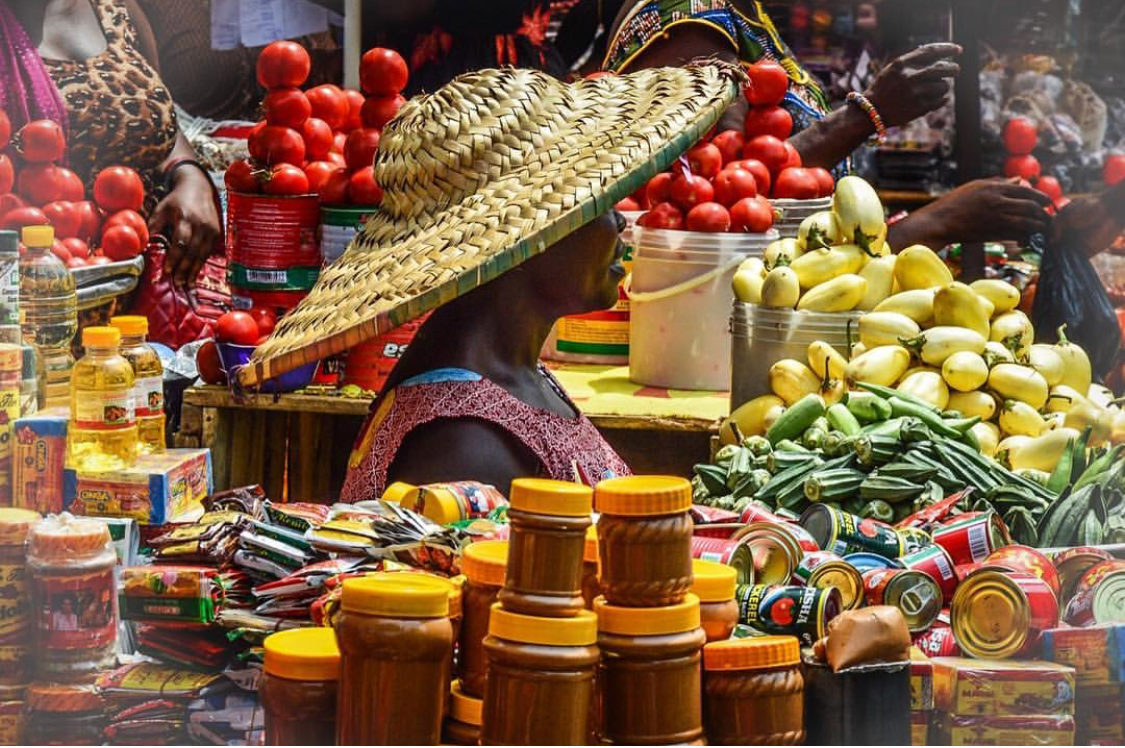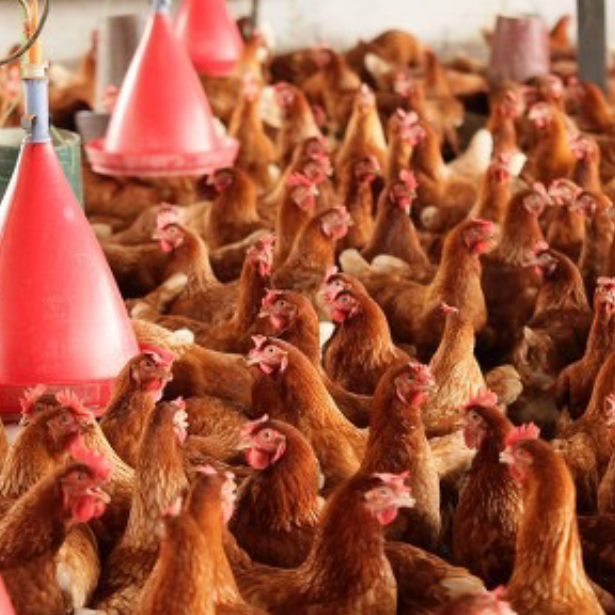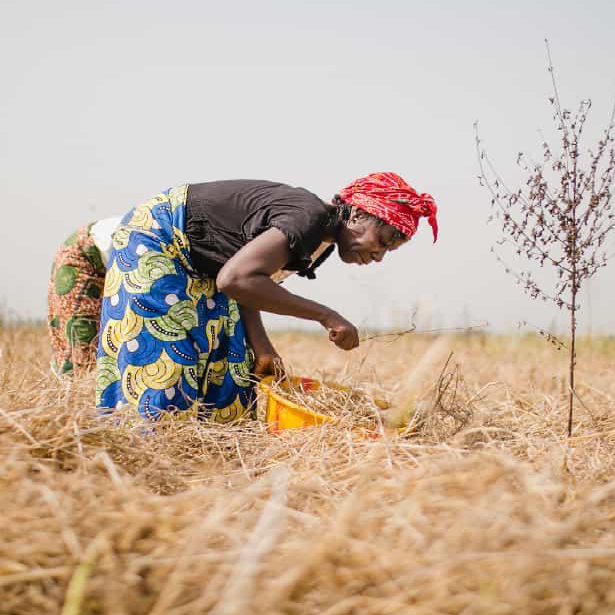Eighty percent of Kenyan women participate in agribusiness; however, only one percent own land, which makes it challenging for them to secure traditional collateral-based financing. To address this issue, the Impact for Northern Kenya Fund (INK Fund), a $30 million impact investment fund, provided a $2 million loan to Centenary Micro Enterprise Services (CEMES). CEMES offers short-term loan facilities to clients who are underserved by conventional banks, primarily due to their lack of collateral and small transaction sizes. CEMES distributes loans with an average size of $92, over 50% of which is allocated towards agri-related activities.
One CEMES client, Doris Kendi—a vegetable seller, or “Mama Mboga” in Isiolo County— is using her CEMES loan to expand her business. Through retailing fresh produce such as carrots, tomatoes, potatoes, onions, lentils, cabbage, and oranges, she has managed to hire two temporary workers and cover market fees and transport costs. Ms. Kendi also recently expanded her business to supply local restaurants, using mPesa for mobile payments and hiring motorbikes for produce transportation. Her daily profit of approximately $10 underscores the significant impact of microloans in regions where the majority of the population earns less than $2.15 per day.
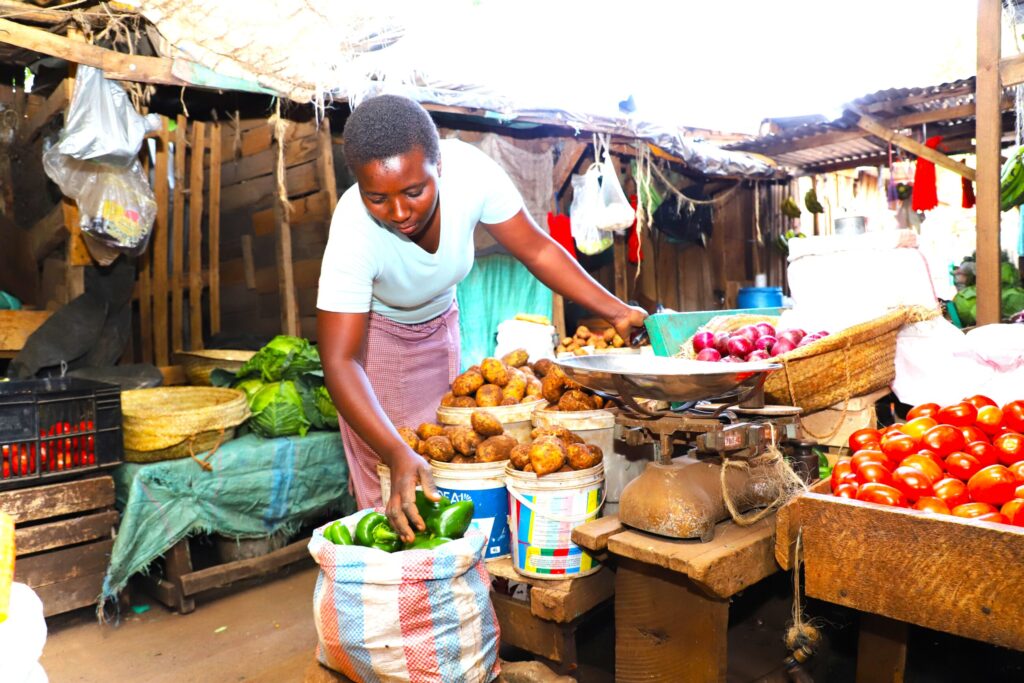
Throughout Kenya, the INK Fund’s clients have financed over 2,500 Mama Mbogas. These investments not only strengthen Kenya’s food supply chain but also address food insecurity for vulnerable populations. By financing female entrepreneurs like Ms. Kendi, the Fund promotes sustainable economic growth and resilience in communities facing environmental and socio-economic challenges.
